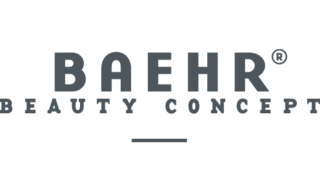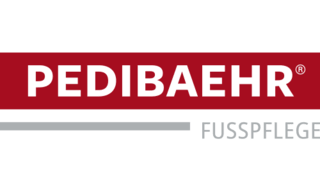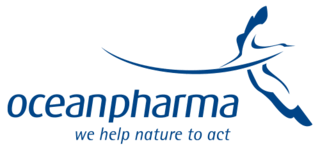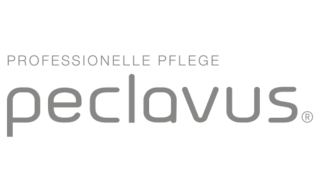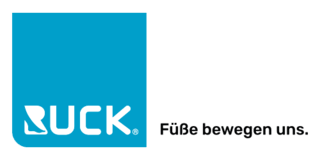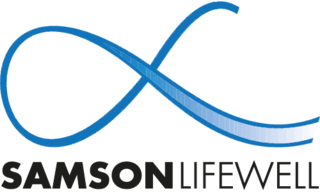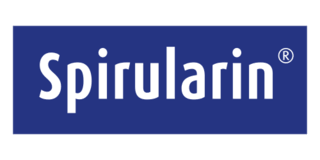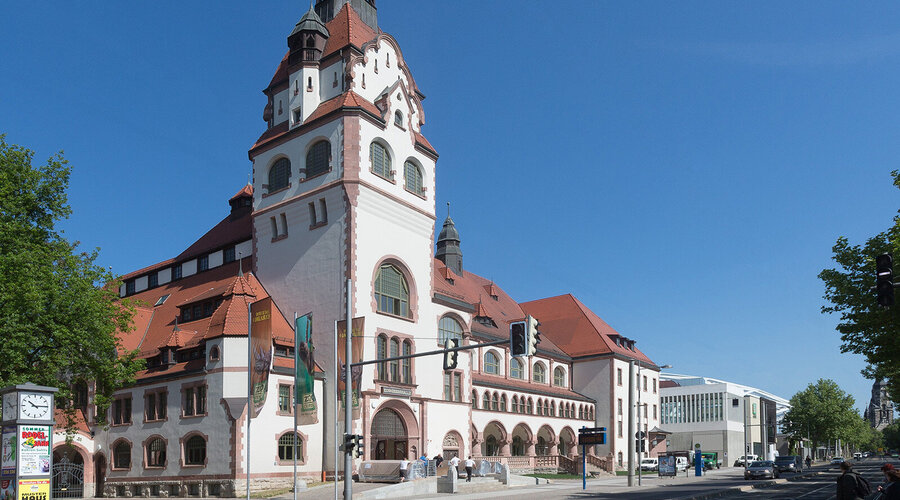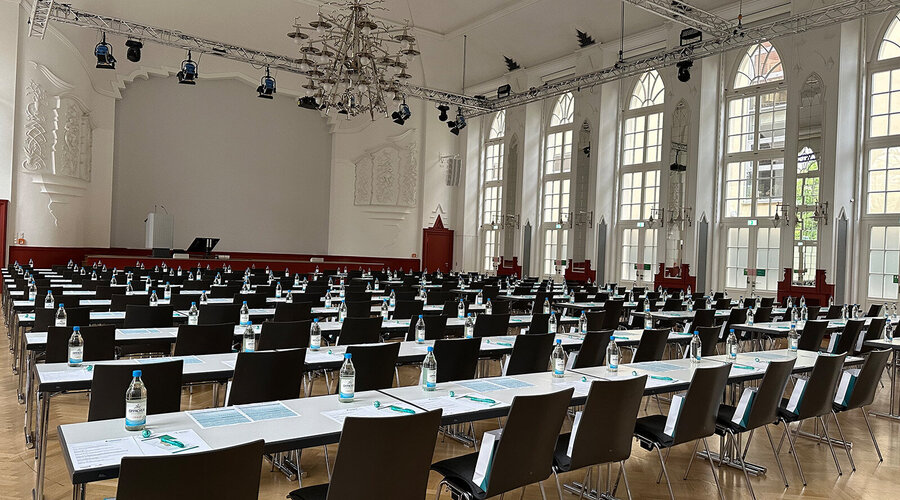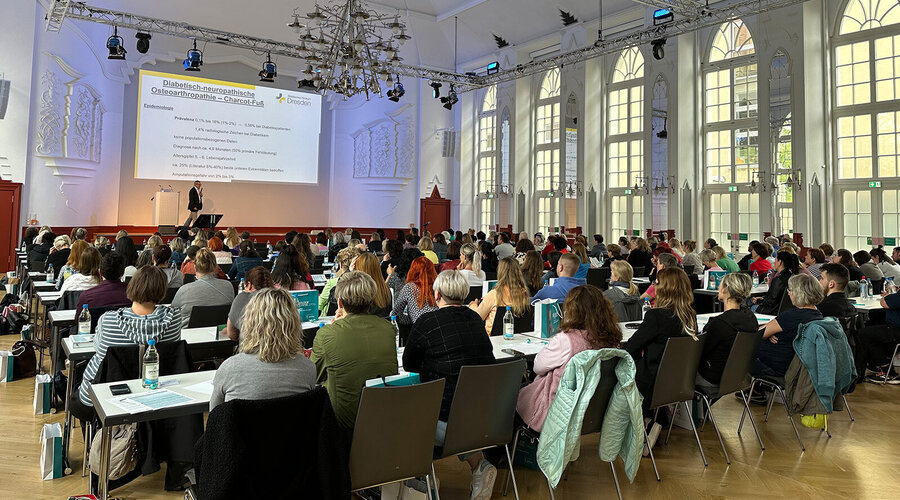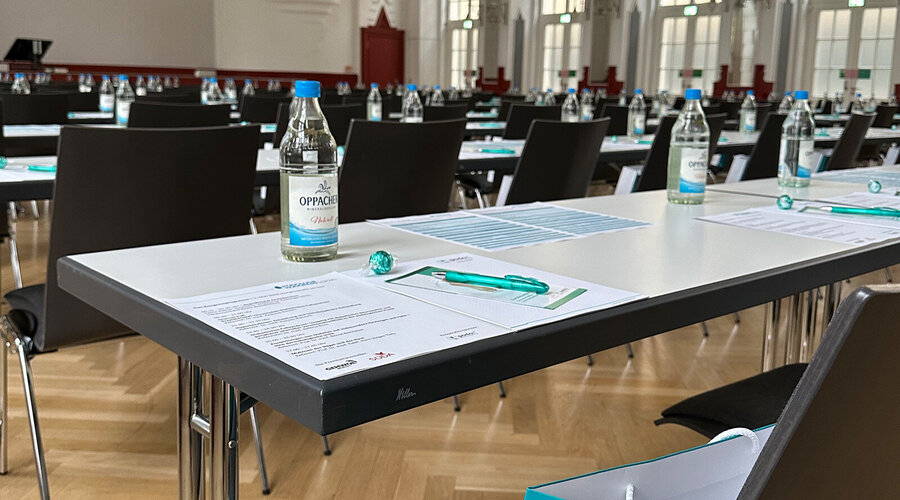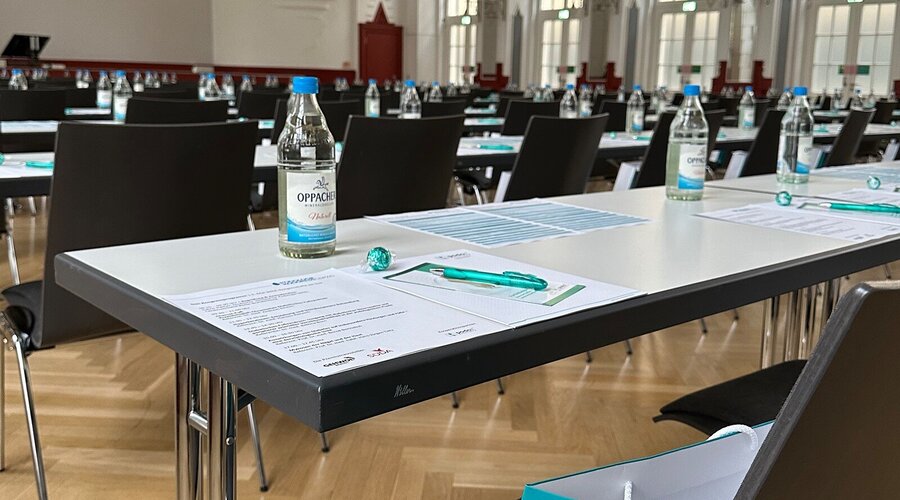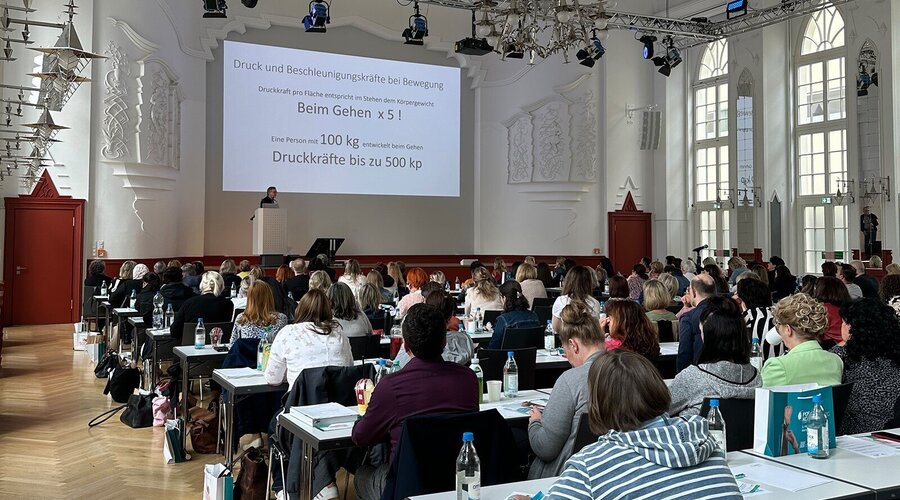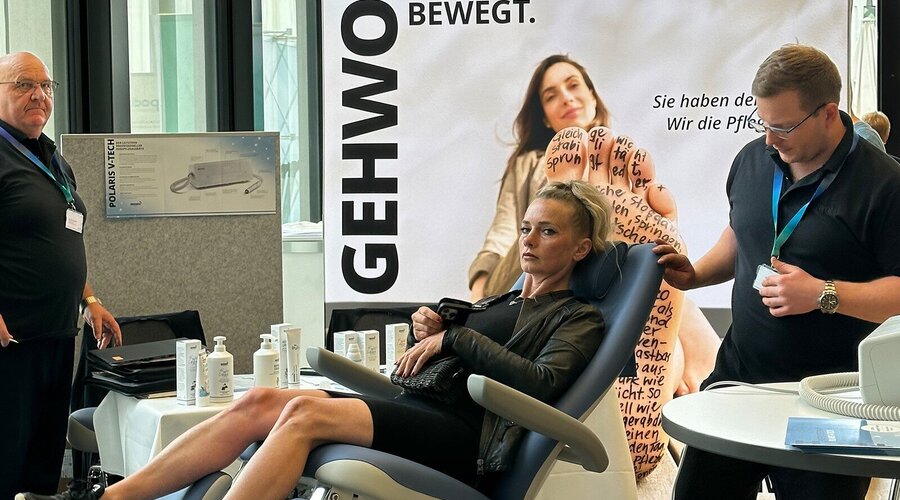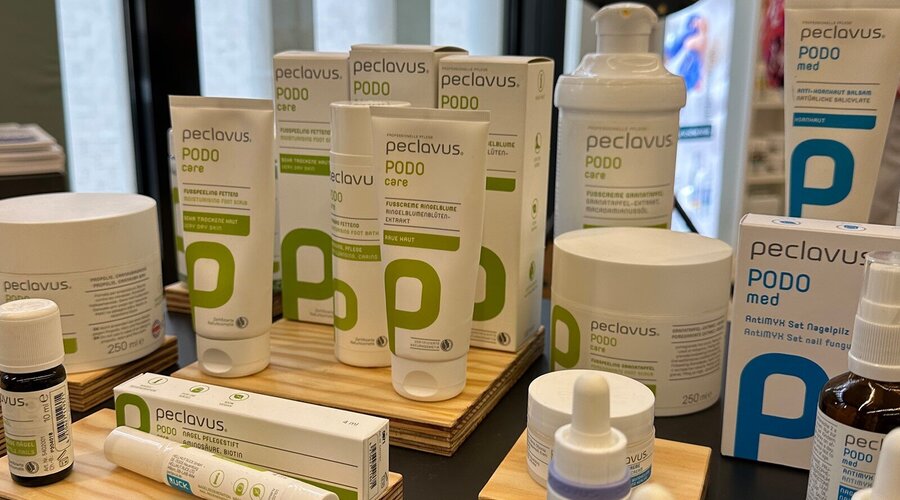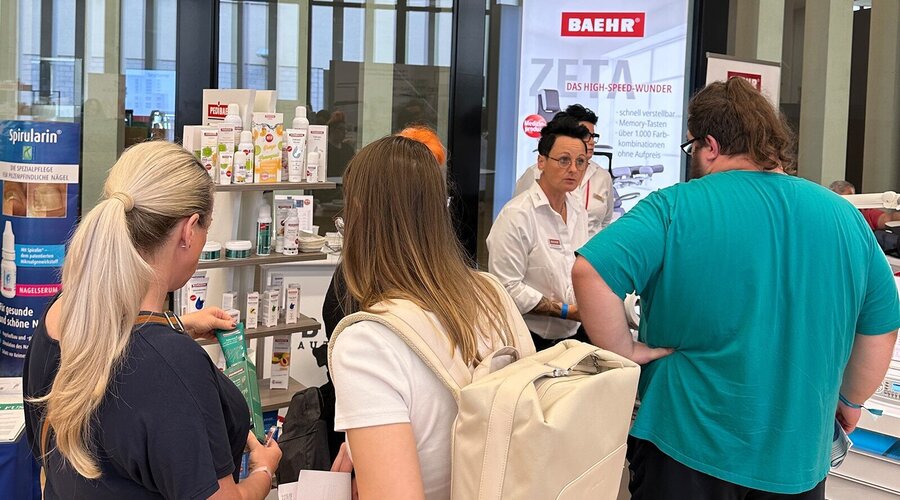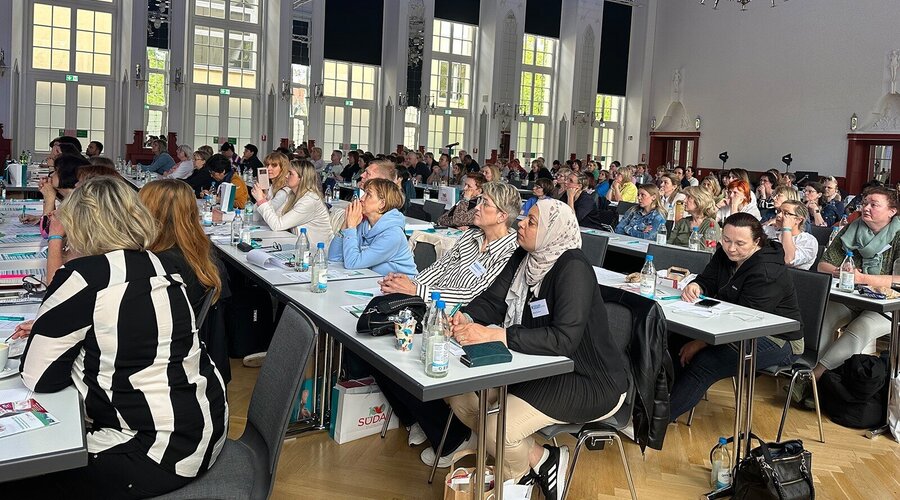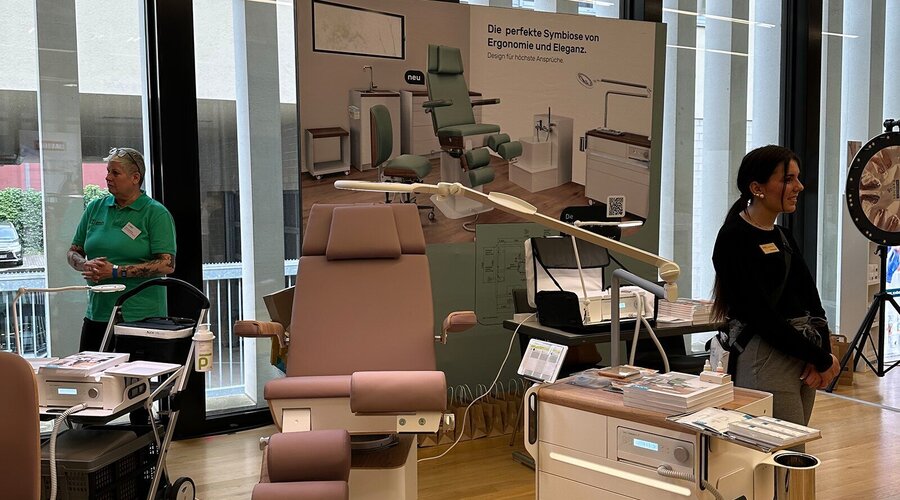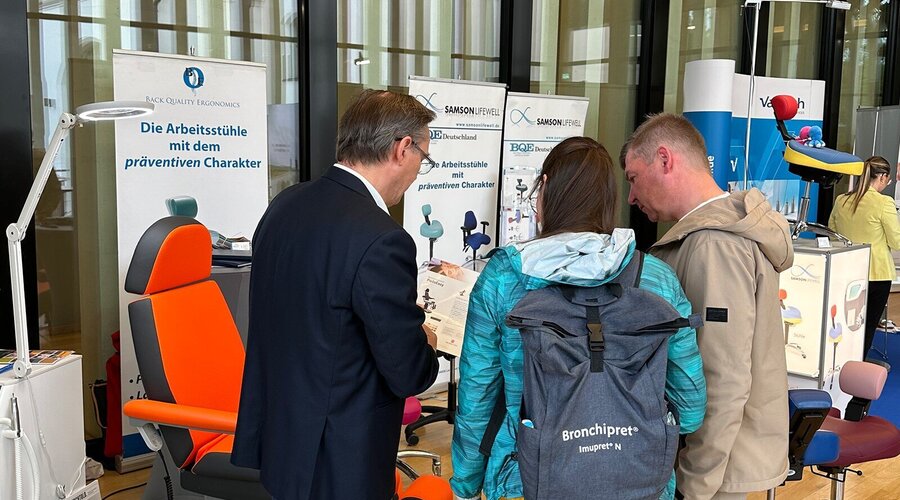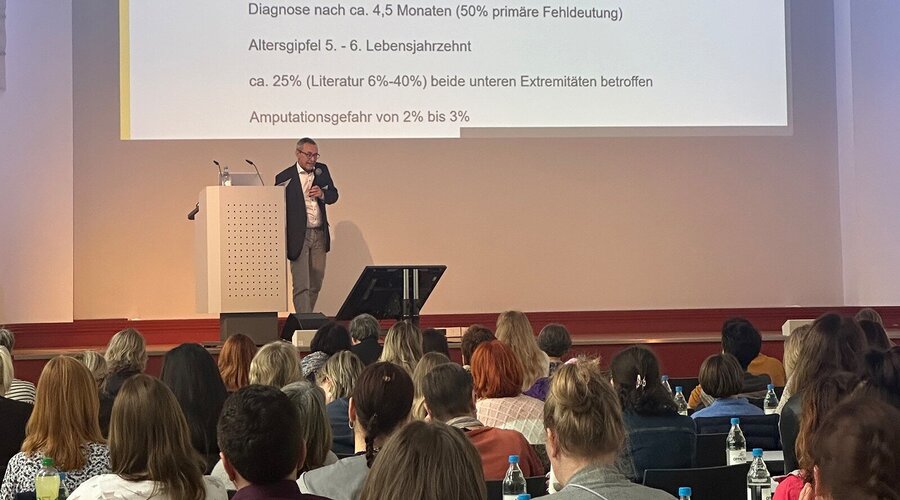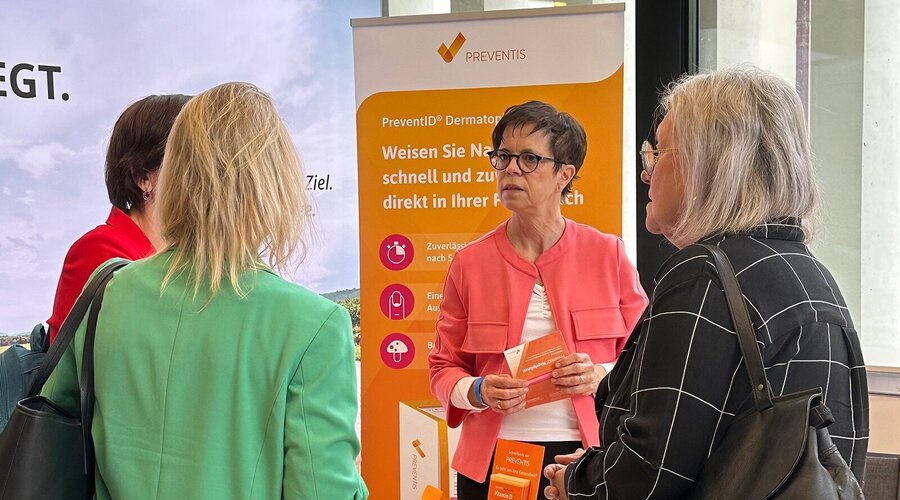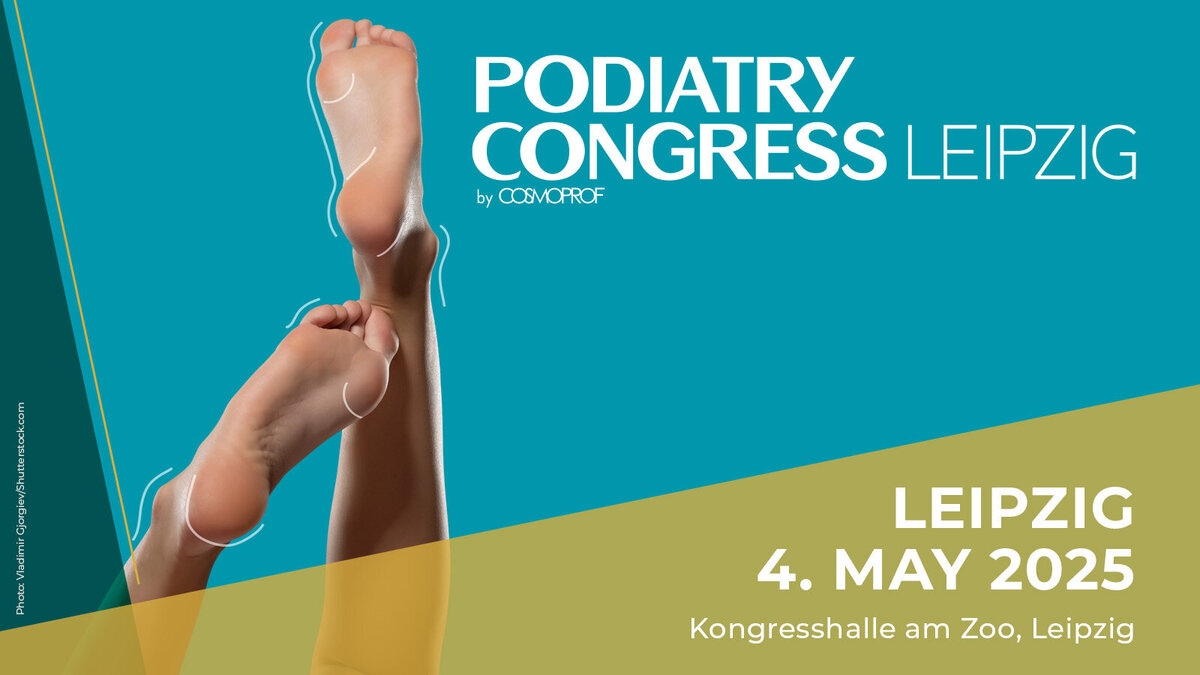
In cooperation with podo deutschland, LV Sachsen-Anhalt e.V., the congress, which is certified with seven training points, will present high-level lectures on current topics relating to podiatry, with diabetic foot syndrome taking centre stage. Experts from the industry will share their expertise and discuss innovative approaches to the diagnosis and treatment of this complex condition. Visitors to the congress will gain an exclusive insight into the latest developments and research in this field.
Parallel to the congress, companies from the podiatry sector will be presenting themselves at the accompanying trade exhibition. The exhibition will be open from 07:30 a.m. to 05:00 p.m.
The lecture programme
09:15 a.m. Start of the congress
Welcome by Bastian Priegelmeir, 2nd Chairman LV Bavaria
09:30 – 11:00 a.m. Dermatological aspects of diabetic foot syndrome - with a focus on prevention and early detection
The blood sugar disease (diabetes mellitus, D. m.) plays a major role in terms of numbers. Around 11 million people are currently affected in Germany: 8.7 million with diagnosed type 2 D. m. and 372,000 with type 1 D. m., with an unrecognised figure of 2 million with unrecognised D. m. [German Health Report Diabetes 2022].
In addition to diabetic involvement of the eyes (retinopathy) and kidneys (nephropathy), diabetic foot syndrome (DFS, diabetic podopathy) is of central importance in terms of serious complications. In Germany, there are around 40,000 amputations in the foot and lower leg area every year (source, see above).
Etiopathogenetically, DFS develops - based on metabolic dysregulation (‘pan-hyperglycosylation’) - as a complex interplay between micro- and macroangiopathy, neuropathy, musculo-, osteo- and tendopathy as well as immunodeficiency (with susceptibility to bacterial and fungal infections). The skin and nail organs are also involved in a variety of primary and secondary ways.
Against this background, the podological care of patients with D. m. is very important. Accordingly, the ‘remedy podiatry’ can be prescribed for DFS (even in early forms) (so-called diagnosis group DF) - as well as for foot syndromes due to other neuropathies (NF) or a paraplegic syndrome (QF).
The lecture deals with DFS from a comprehensive dermato-allergological perspective with a focus on prevention and early detection, with special consideration of the interfaces between medical and podological care as well as current developments.

Speaker: Univ.-Prof. Dr. med. Bernd Bonnekoh
Specialist in dermatology and venereology, additional qualifications: Allergology, drug-based tumour therapy, occupational dermatology (ABD), dermatopathology, DDA psoriasis certificate
Dermatology clinic at Otto von Guericke University Magdeburg
11:30 – 12:15 a.m. Foot problems in children and adolescents
Children's feet differ from those of adults in many respects. Not only are they growing, but their shape and structure are also in the developmental phase and are influenced by internal and external factors.
Almost 98% of all children are born with healthy feet. Malformations or congenital foot deformities with pathological value in newborns are therefore very rare. However, studies show an increase in foot and toe deformities over the course of development.
Foot problems can be recognised in 40% of adults, often associated with complaints (Kinz, 2000). Foot damage is regarded as an acquired defect that can be traced back to previous damage. There can be various underlying causes, such as chronic joint diseases or metabolic disorders that persist over a long period of time.
However, the most significant cause of acquired foot deformities is incorrect footwear (Maier, 2003).
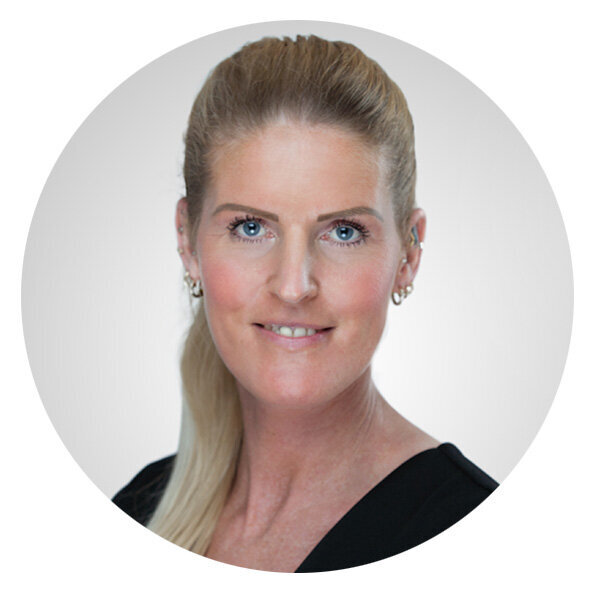
Speaker: Sindy Burow
1st Chairwoman podo deutschland, LV Berlin and Brandenburg, Podiatrist, B.A. Health Care Education, Wound Assistant DDG, Bachelor of Arts Health Care Education, IB University of Applied Sciences Berlin
Master's programme: Health Education and Education Management, IB University of Applied Sciences Berlin
Teaching at the Ludwig-Fresenius-Schule Berlin
01:15 – 02:30 p.m. Remedies guideline and framework agreement
In podological care, the Remedies Directive and the Podiatry Framework Agreement must always be taken into account. For some, however, the extensive works are ‘heavy fare’. But what is important and what can lead to problems when billing? In his presentation, Guido Stannies from DAK-Gesundheit will provide helpful tips that can prevent errors and avoid billing problems. Examples will be used to show how things can go well and what should be avoided.

Speaker: Guido Stannies
Administrative assistant, in statutory health insurance (GKV) since 1986, working in the benefits department at the head office of Hamburg Münchener Krankenkasse from 1993, at DAK-Gesundheit since 2010. Since 2013 responsible for the area of remedies and from 2016 also for midwifery care at DAK-Gesundheit.
Since 2019, support for therapeutic products contract negotiations at GKV-SV level as part of the restructuring of framework contracts.
03:00 – 04:30 p.m. Pathological nail changes
Nail medicine is a fascinating and constantly evolving field of podiatry and medicine. The spectrum of diseases ranges from nail fungus to glacier nails - a diagnostic detective story. The key to success often lies in the interplay between podological and medical healing.
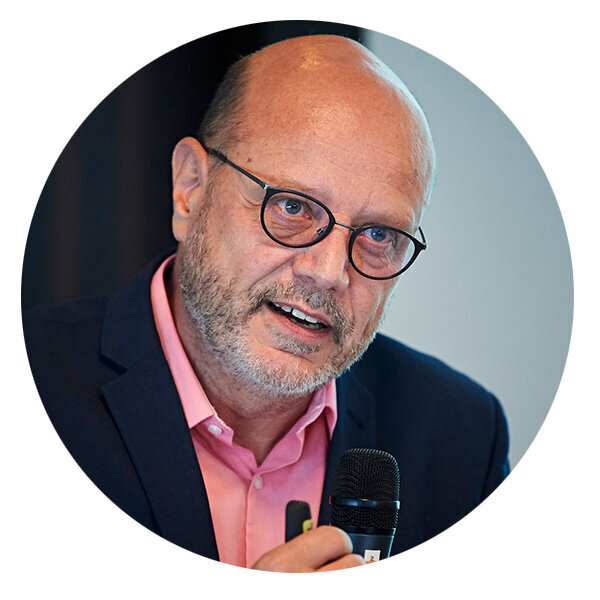
Speaker: Prof. Dr. med. habil. Hans-Jürgen Tietz
Studied and qualified in human medicine in St. Petersburg, doctor of microbiology at the Institute of Microbiology at the Charité, habilitation: ‘Modulation of the defence against infection by microorganisms’. Since 1998 Professor at the Humboldt University of Berlin, 2001-2004 Senior Physician at the Dermatological Clinic of the Charité, since 2004 Medical Director of the mycoclinic Berlin
05:00 p.m. End of the trade exhibition
05:00 – 05:45 p.m. Orthopaedic pre- and aftercare for diabetic feet
Learn more about the importance of prevention and individualised care for foot problems: from insoles and diabetes-adapted foot supports to customised orthopaedic shoes and regular foot pressure measurements. The lecture will also shed light on the acute treatment of lesions and ulcers as well as the optimal treatment of diabetic feet, including after (partial) amputations. A practical lecture for anyone who wants to promote health and mobility.
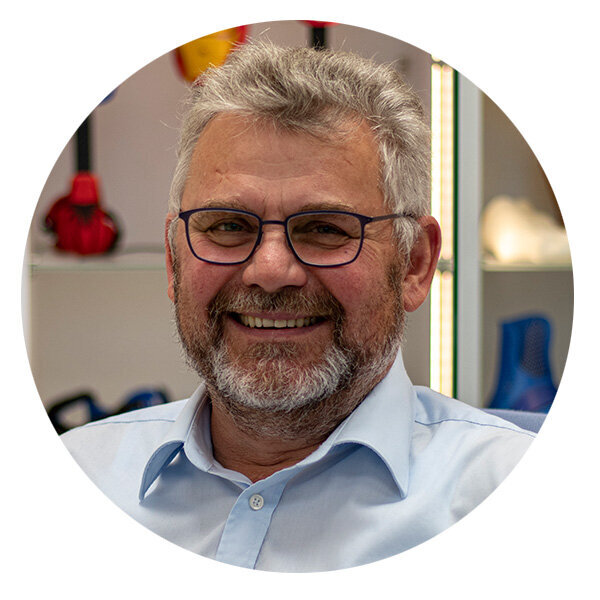
Speaker: Gerd Klinz
Master orthopaedic technician, sole managing director of the medium-sized medical supply retailer Klinz GmbH with approx. 120 employees for over 30 years. Collaboration in the Federal Association of Orthopaedic Technology Guilds, collaboration on framework curricula and learning content for trainees, advocate of digitalisation and the ‘digital trade’.
The location: Kongresshalle am Zoo, Leipzig
The Kongresshalle am Zoo combines state-of-the-art technology, spacious exhibition halls and a wonderful ambience - the perfect setting for a specialist congress and exhibition.
Entrance: North | Congress Hall: White Hall
Exhibition Hall 1: Telemann Hall
Exhibition Hall 2: Handel Hall
Best location: The Congress Hall is located right next to Leipzig Zoo in the centre of Leipzig. The main railway station, a wide range of hotels and numerous restaurants and pubs are all within walking distance.
Address:
Pfaffendorfer Street 31
04105 Leipzig
Germany
Get in touch with us!




